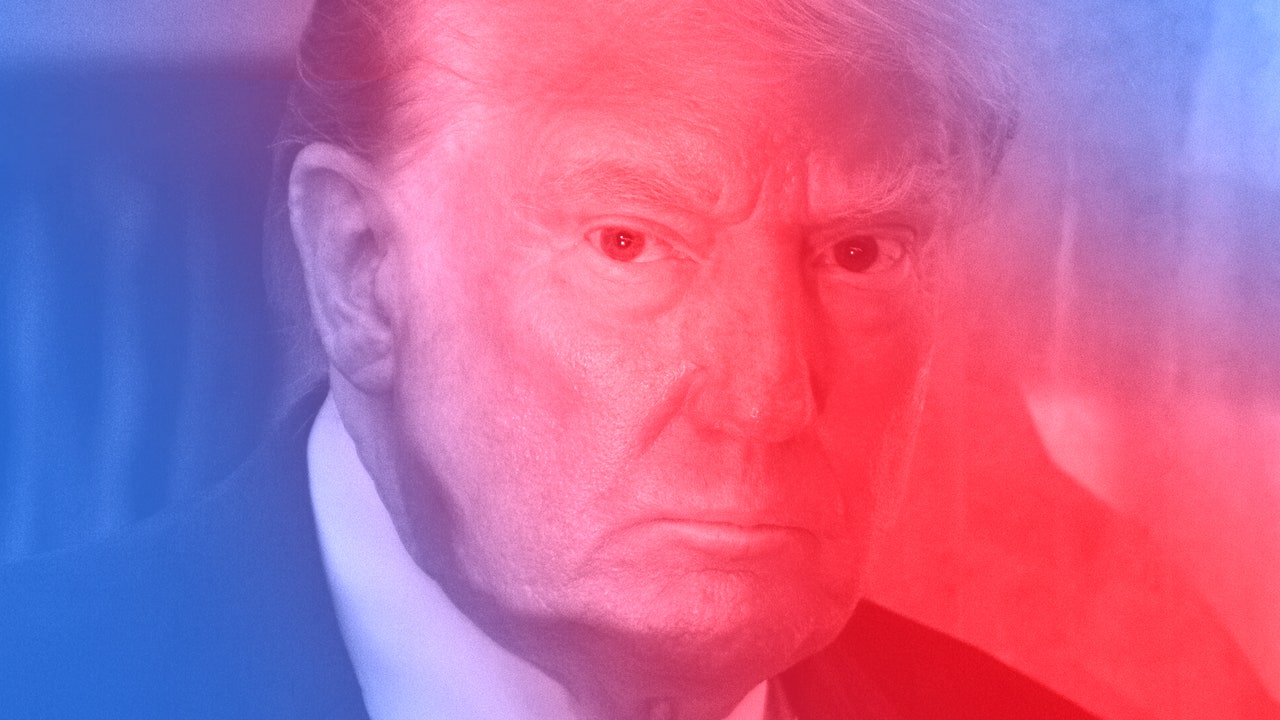Donald Trump often takes the breath away with his defiance of the basic norms of American public life. (See: January 6th.) But sometimes it’s the smaller encroachments on decency that serve as a reminder of how far outside the bounds he operates. “Can you control your client?” Judge Arthur Engoron demanded of Trump’s lawyer, during the former President’s testimony on Monday in Manhattan, where he stands accused of running a fraudulent business in the state of New York. “This is not a political rally. This is a courtroom.” Later, after yet another Trump soliloquy in response to a yes-or-no question, Engoron repeated his entreaty. “I beseech you,” the judge said, “to control him if you can.”



While I agree with the overall point, these courtroom examples are highlighting for me how thoroughly different the justice system experience is if you are the right sort of person moreso than fanning the flames of my Trump hatred.
A regular person pulling even ONE of his courtroom stunts would be admitted to a holding cell till the end of the trial
Is this the two-tiered justice system we keep hearing about?
Yes.
at the end of the trial day
https://www.youtube.com/watch?v=7vN_PEmeKb0
Considering that guy received 100 years in jail I don’t think this is a good example of someone getting away with it.
No, they wouldn’t. People generally don’t go to jail for violating a gag order once, or even twice. They are generally fined a few thousand dollars, just like Trump.
Likewise, people generally aren’t sent to jail for giving long-winded or rambling testimony, especially if the lawyers on both sides don’t object.
And they didn’t object, in this case. Engoron was basically suggesting that lawyers should object more, but they had their reasons to let Trump keep talking. Prosecutors hoped he would perjure himself or otherwise look bad while rambling. The defense was afraid to make their client mad at them.
Cite your examples that aren’t rich connected people.
Nobody writes news articles about random people receiving gag orders
Yeah, but the courts in the states keep records.